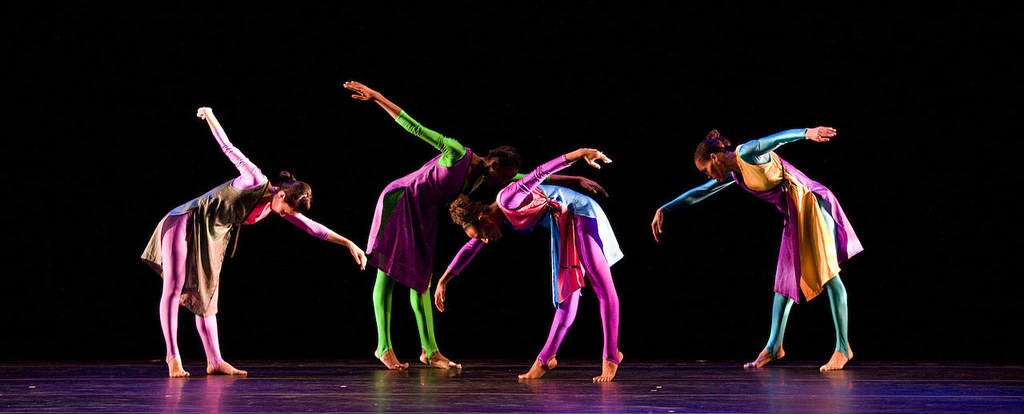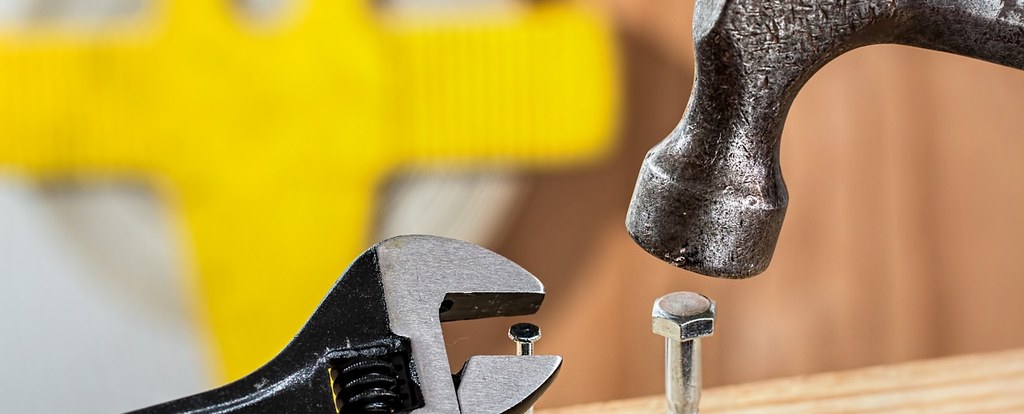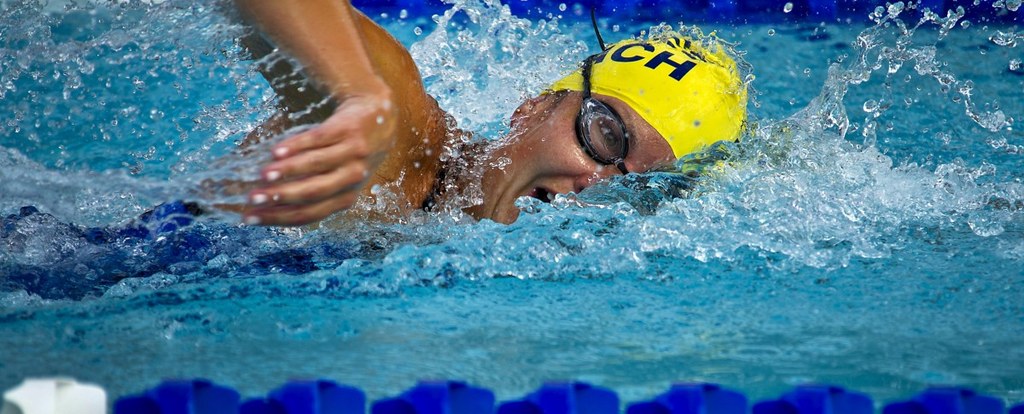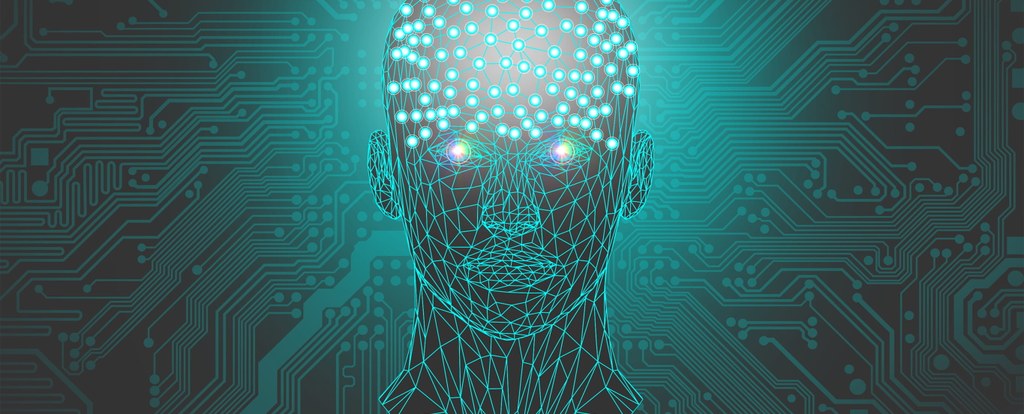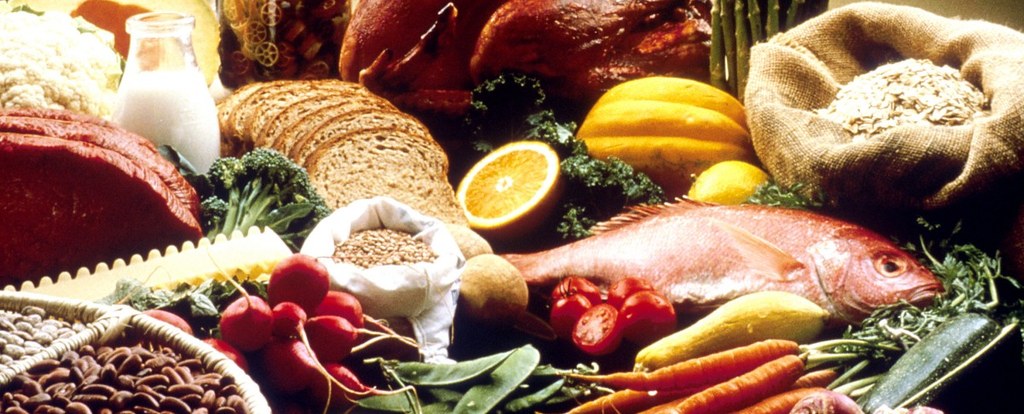Research Topics
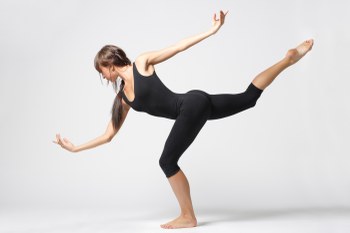
Imitation and motor control
The role of imitation in learning complex movements and actions is investigated. Research has been carried out on two processes that allow reproducing actions: a process that recalls the information we already have in long-term memory, and a second process that allows us to decompose the seen actions in simpler elements and translate them into motor acts. Moreover, we investigate the role of body representations in imitation in both healthy humans (adults and children) and individuals with brain injuries. At last, we are implementing computational models and AI in robots and simulating the processes that control and supervise motor control areas.
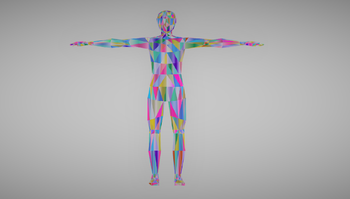
Body representation
We investigate the cognitive and the brain processes presiding over the representation of the body. In particular, we aim at studying "if" and "which" are the changes induced by physical alterations (e.g., congenital absence of a limb, traumatic amputation of a limb, transplantation of a limb) and how different representations of the body mainly linked to action (body scheme) or visuospatial representation (body structural representation) interact with each other.
Furthermore, the processes of incorporation (embodiment) of prostheses or assistive devices in the representation of the body are investigated.
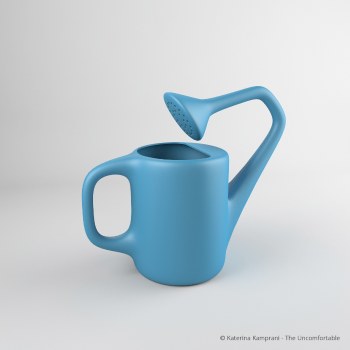
Tool use
The cognitive processes and the anatomical substrates involved in the interaction with objects and their representation of use are studied (both in healthy individuals and patients with brain lesions). We use both classic behavioral experimental approaches and transcranial magnetic stimulation (TMS). We also verify a cognitive/functional model in patients with brain injuries and motor control deficits (patients with ideational and ideomotor apraxia). In particular, we aim to investigate the different processes involved in the interaction with objects in the contexts where we need to use them or just move them.
We want to thank Katerina Kamprani, the artist who allowed us to use her artwork from the artistic project "The uncomfortable".
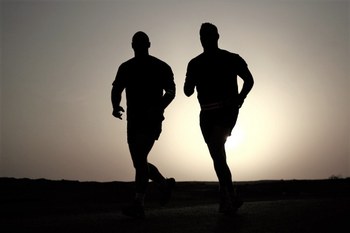
Sports and cognitive skills
We investigate the effects of different types of physical activity (e.g., open vs. closed skill sports) on multiple cognitive processes in adults (both young and old adults) and children. In addition to a theoretical aspect, we aim at developing possible physical training for maintaining cognitive skills in the healthy elderly and slowing down cognitive decline in individuals with MCI (mild cognitive impairment).

Food
This line of research investigates the cognitive and motivational aspects involved in the response to food. Psychology and neuroscience research has demonstrated that food is a salient stimulus capable of determining an attentional bias and, under impaired inhibitory control, determining approach/avoidance behaviours. These aspects are studied both in healthy populations (for example, in relation to ageing) and pathological conditions (for instance, in orthorexia, a pathological preoccupation with pure and healthy food).
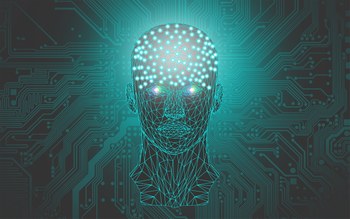
Intelligence and cognitive processes
We want to investigate the link between intelligence and various cognitive processes, from the basic ones, such as, for example, multisensory integration (using the Sound-Induced Flash Illusion, SIFI) to more complex ones, such as reasoning and decision-making, both in adult individuals and in children.
